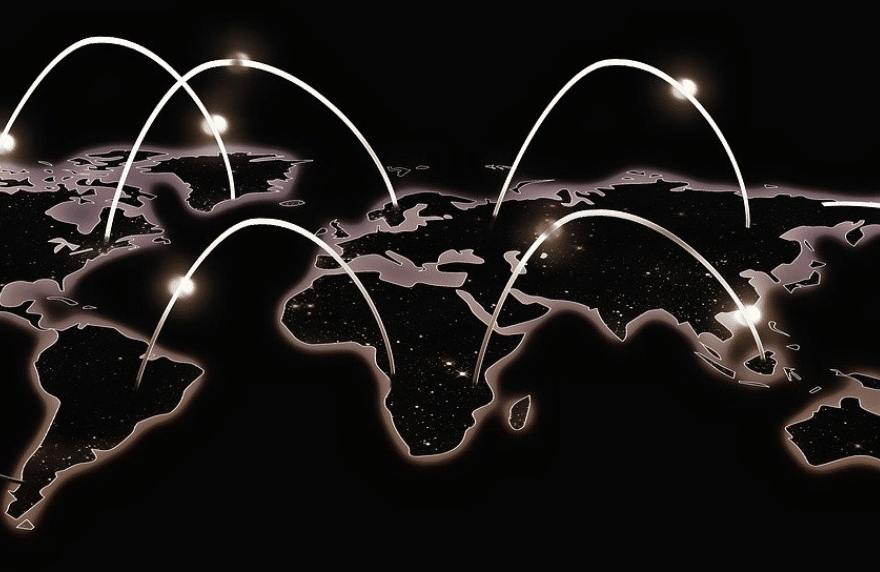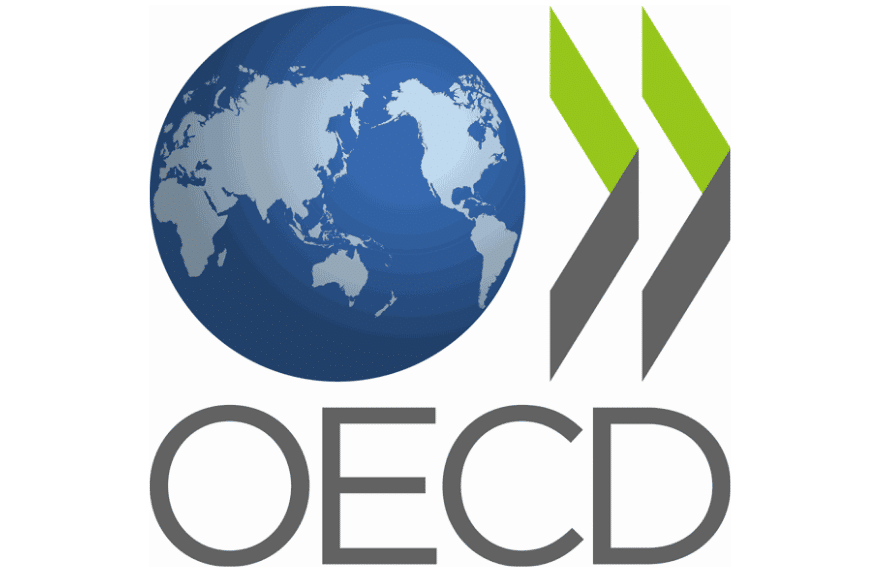Research
In the first pillar of the EU Raw Materials Strategy – access to raw materials on global markets – the EU has committed itself to pursue a Raw Materials Diplomacy reaching out to third countries through strategic partnerships and policy dialogues.
Raw materials dialogues
So far the EU has developed policy dialogues on raw materials with partners such as Argentina, Chile, China, Colombia, EuroMed countries, Greenland, Japan, Mexico, Russia, United States of America and Uruguay.
Trade
It is essential for the EU that international raw materials markets operate in a free and transparent way. However, many countries are increasingly applying measures – such as export taxes, import duties, price-fixing, and restrictive investment rules – which distort these markets. The net effect of these distortions is that the manufacturing industry, in developed, emerging and developing countries, suffer when access is distorted in this way.
As a response to these priority trade policy issues, the EU’s trade strategy has been threefold:
1. 1. Propose trade disciplines on export restrictions in bilateral and multilateral negotiations,
2. 2. Tackle trade barriers through dialogue but also other tools including WTO dispute settlements and the Market Access Partnerships, and
3. 3. Raise awareness and support awareness-raising in international fora such as the G8, G20, OECD and UNCTAD
A second report outlining the main results achieved was published in May 2012.
Development
The EU promotes sustainable access to raw materials in its development policy. In the Joint Africa-EU Strategy, a bilateral cooperation was launched on raw materials, covering issues related to governance, investments and geological knowledge. Moreover, in the area of transparency and financial payments in the mining sector, the EU will enhance its support for the EITI (Extractive Industries Transparency Initiative) and share best practice with international organisations such as the World Bank and the OECD. Building on experiences like the Kimberley Process, the EU will examine ways to improve transparency throughout the mineral supply chain and, in co-ordination with key trade partners, tackle the use of extractive industry revenues to fund wars or conflicts.
The Commission proposed actions for trade and development as outlined in the Raw Materials Initiative strategy document published on 2 February 2011.






